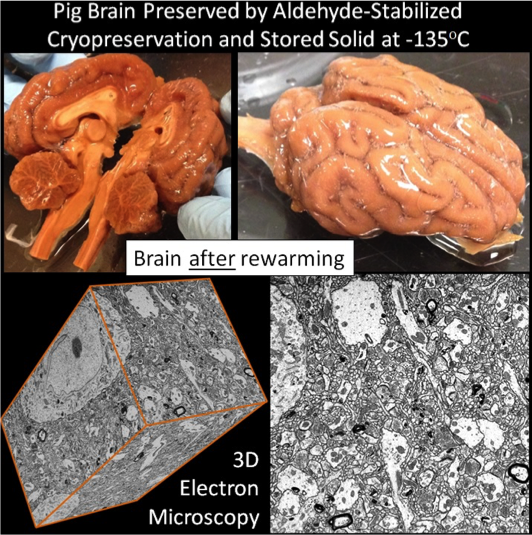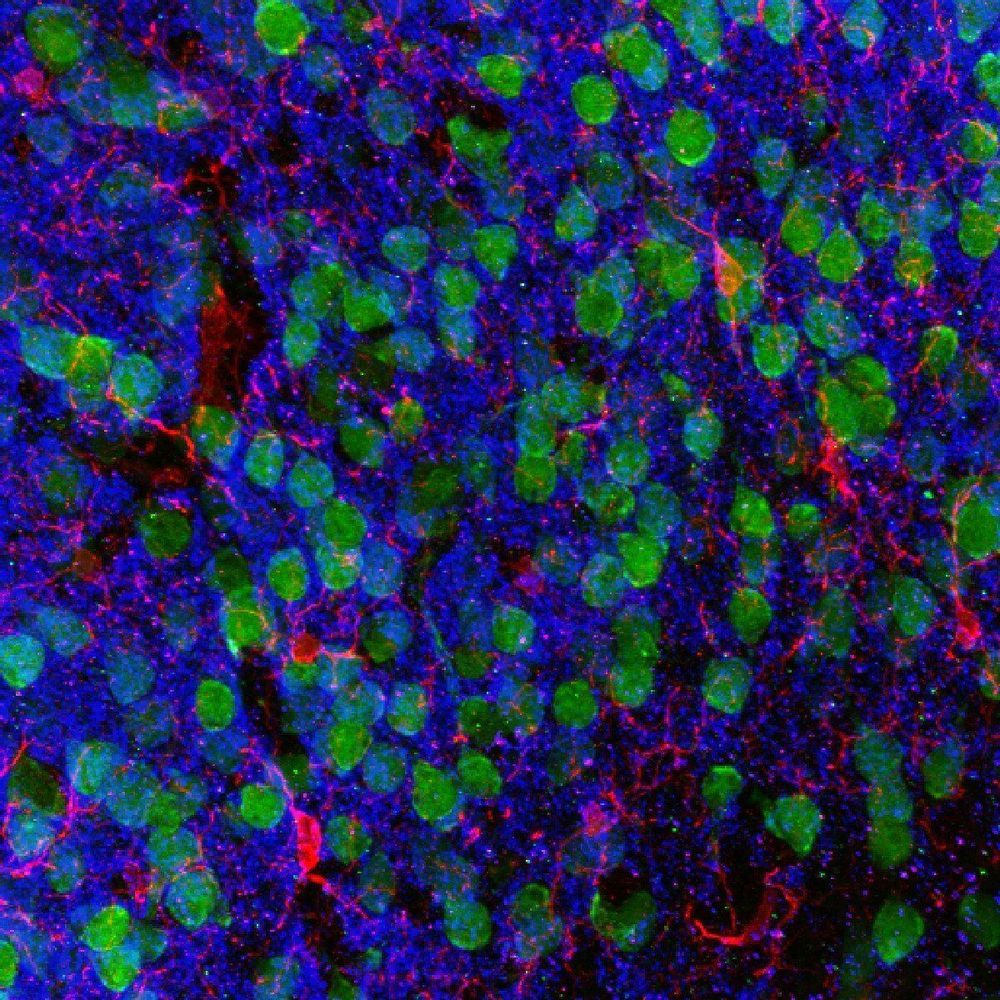Oct 25, 2019
Health and Wellness Providers Are Banking On Virtual Care To Better Serve America’s Aging Boomers
Posted by Paul Battista in categories: biotech/medical, finance, life extension
Nearly half the U.S. population is projected to have one or more chronic conditions by 2030 and the need to better manage both care delivery and costs has never been greater.
At the same time, Baby Boomers are entering their “Golden Years” and seeking out preventative and lifestyle medicine to ensure that they live longer and with more personal freedom. And they want to do all of this while “aging in place” and not being relegated to the decrepit and outdated nursing homes of their own parents’ generation. After all, we live in a new era of instant song selection, streaming movies, and Amazon home delivery.


















